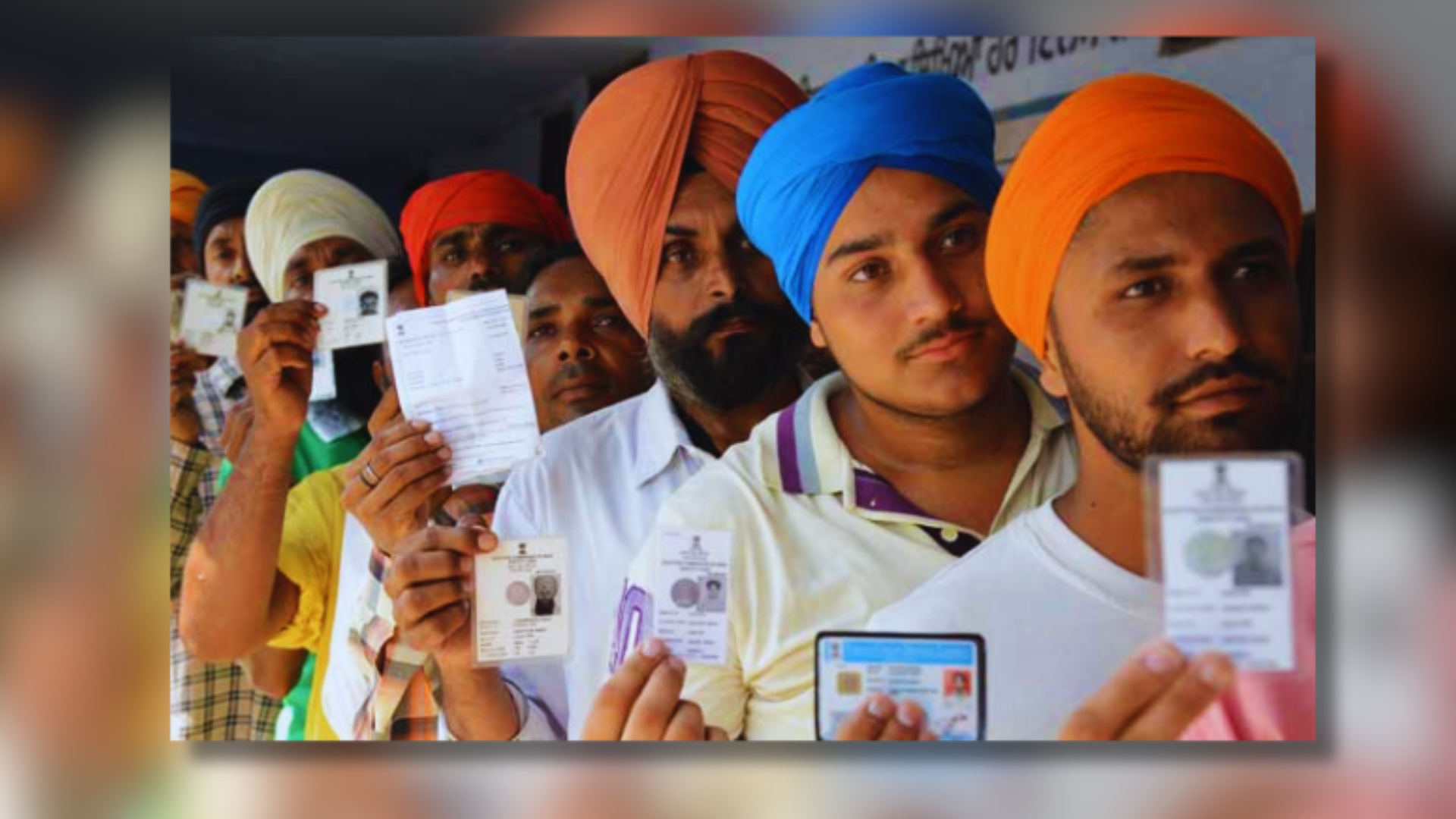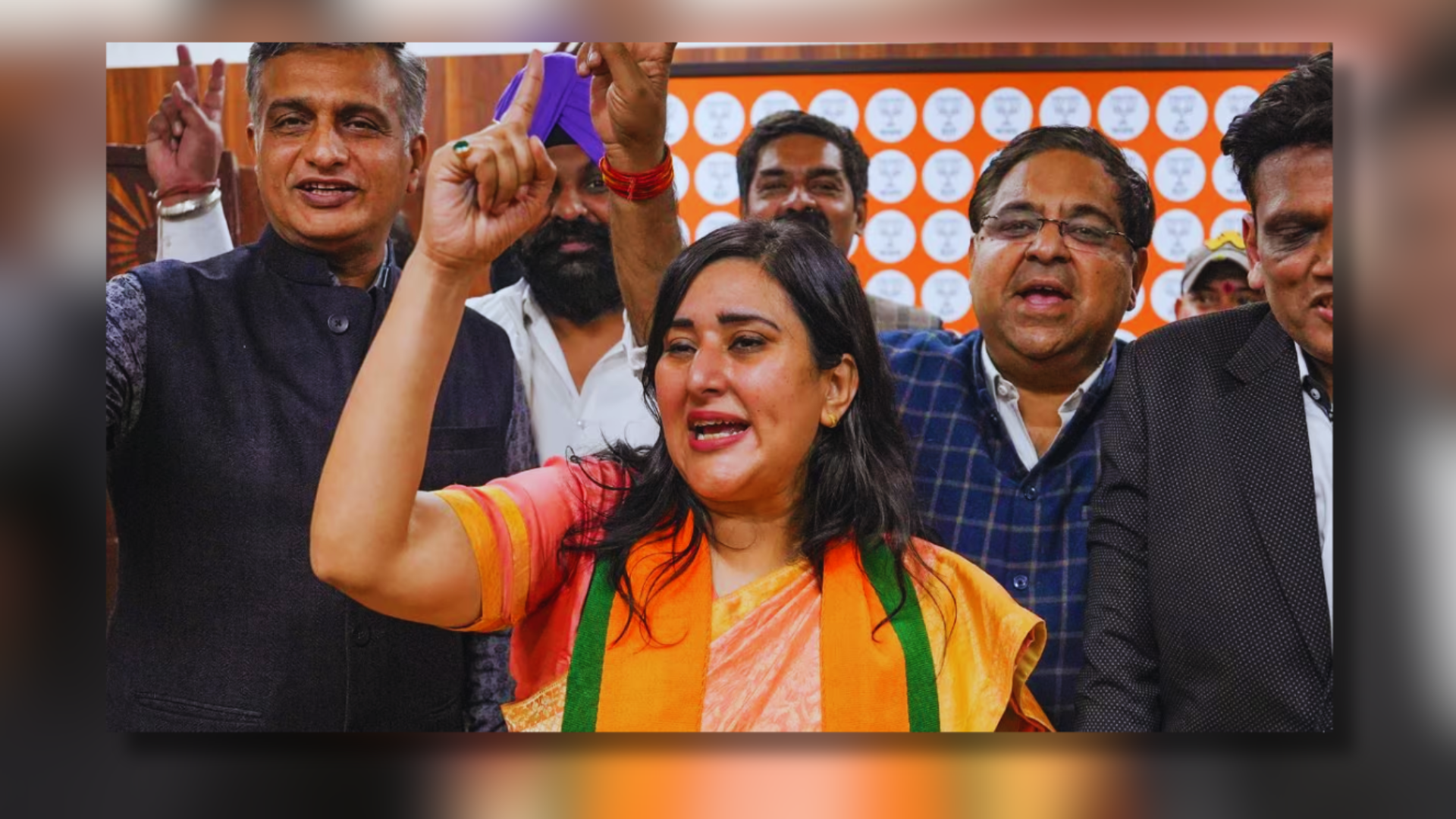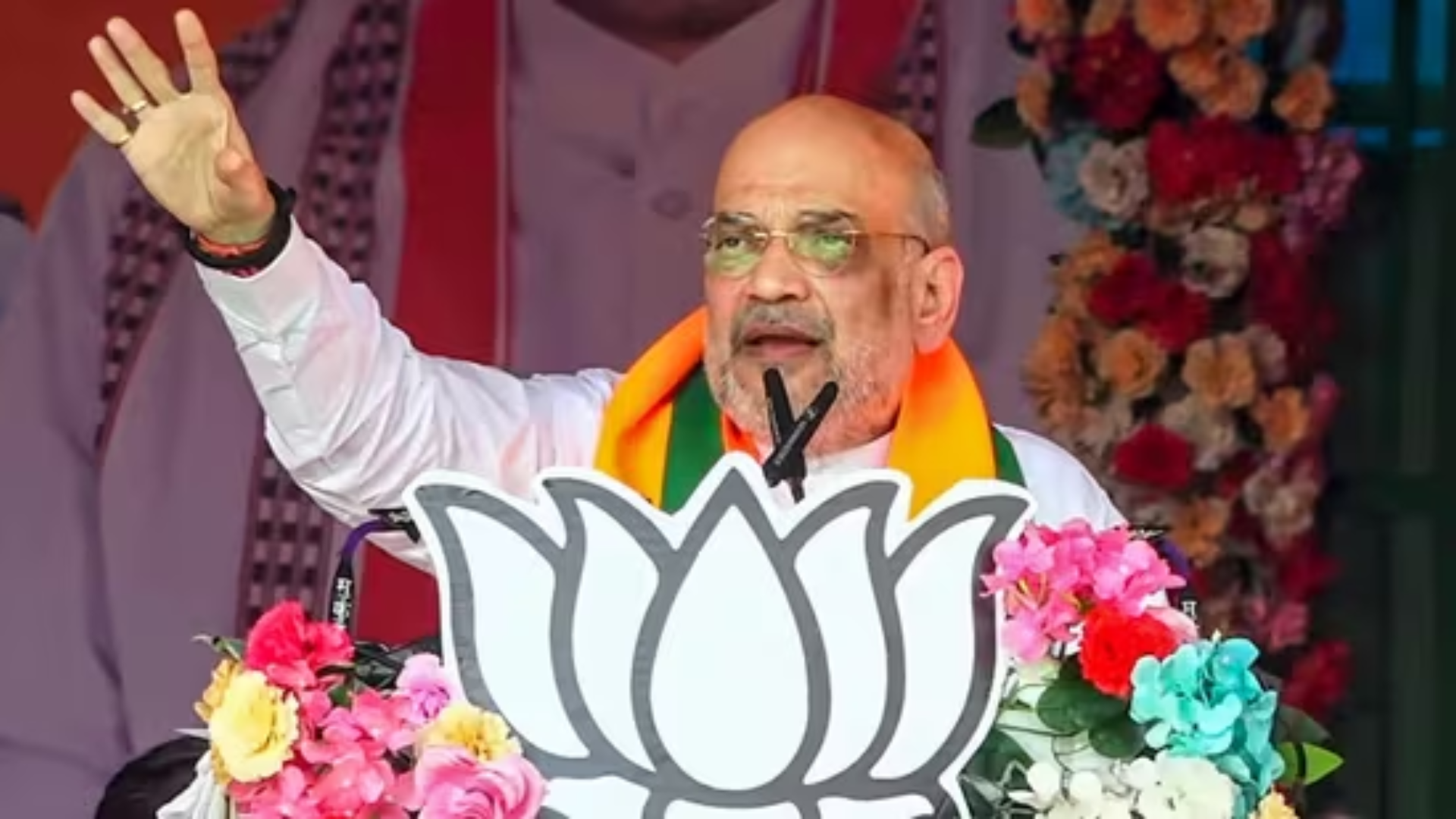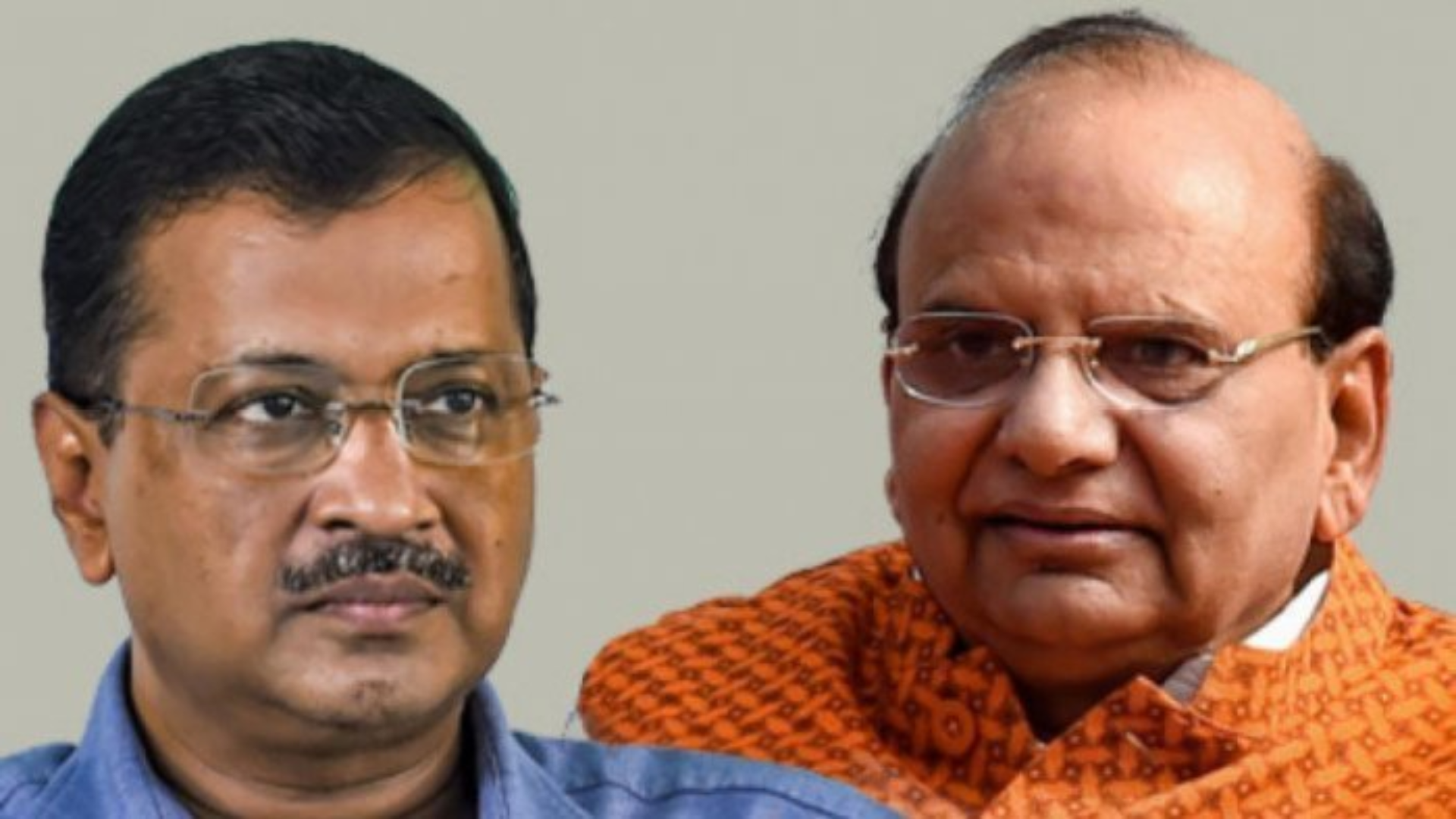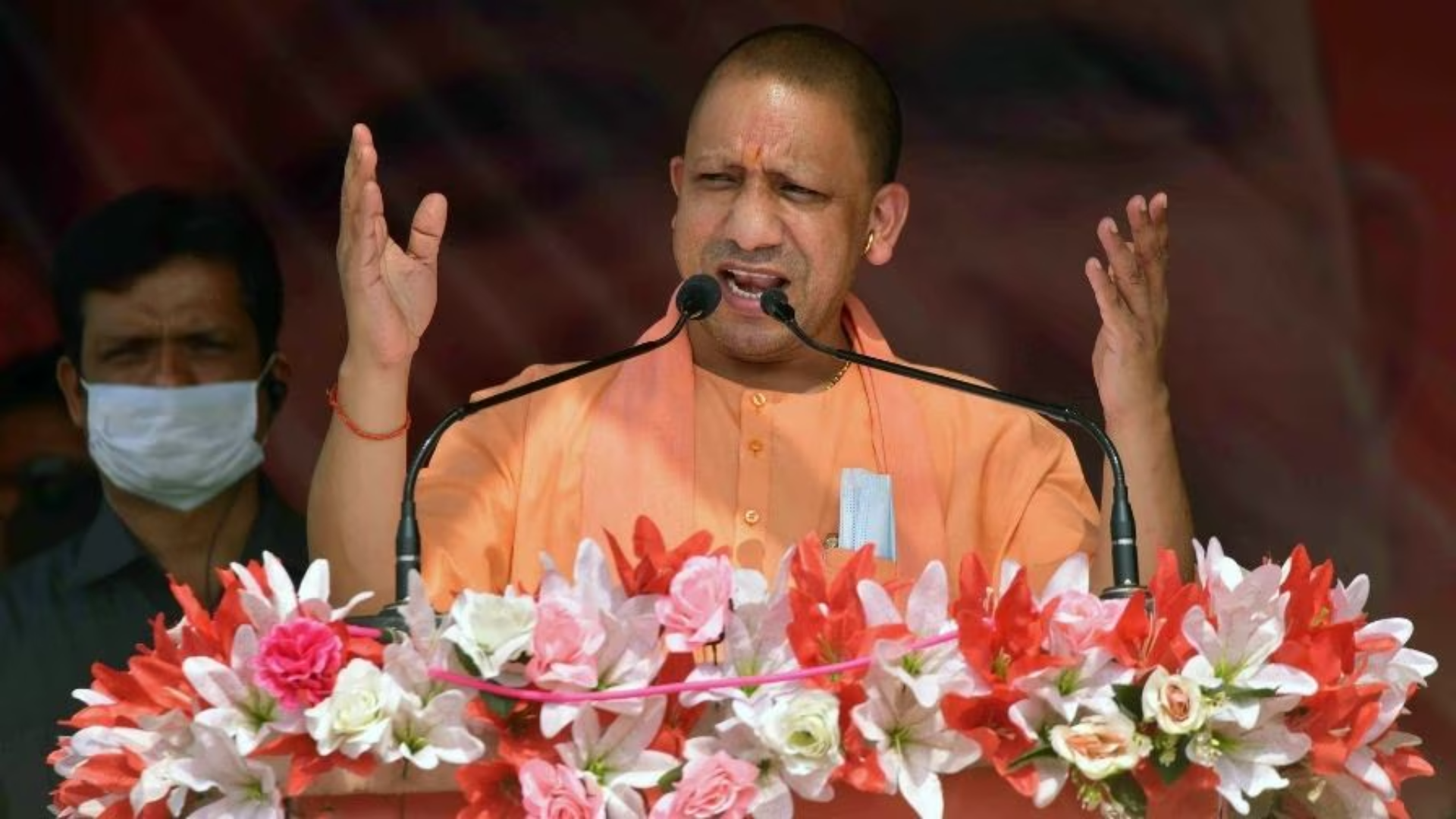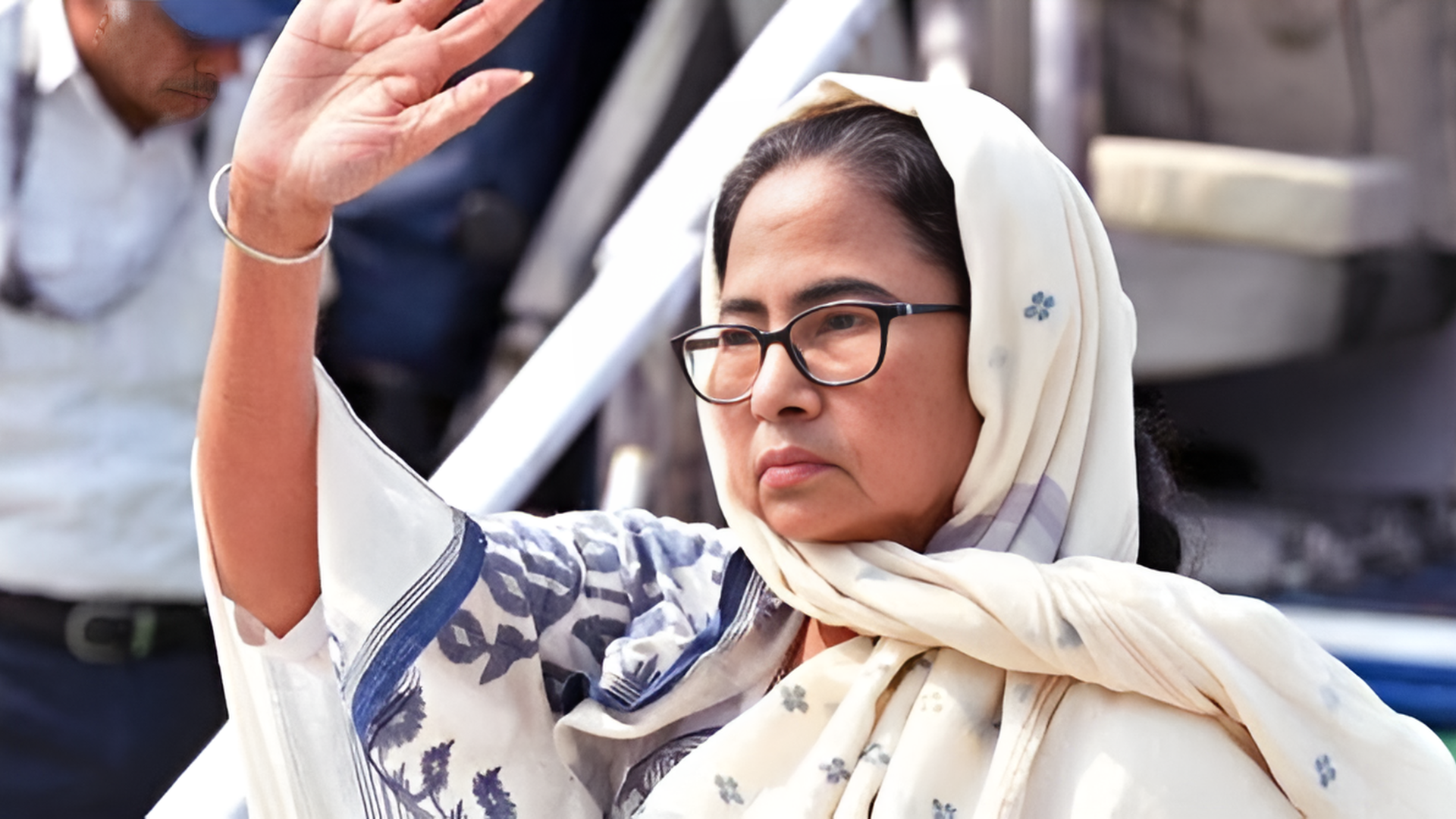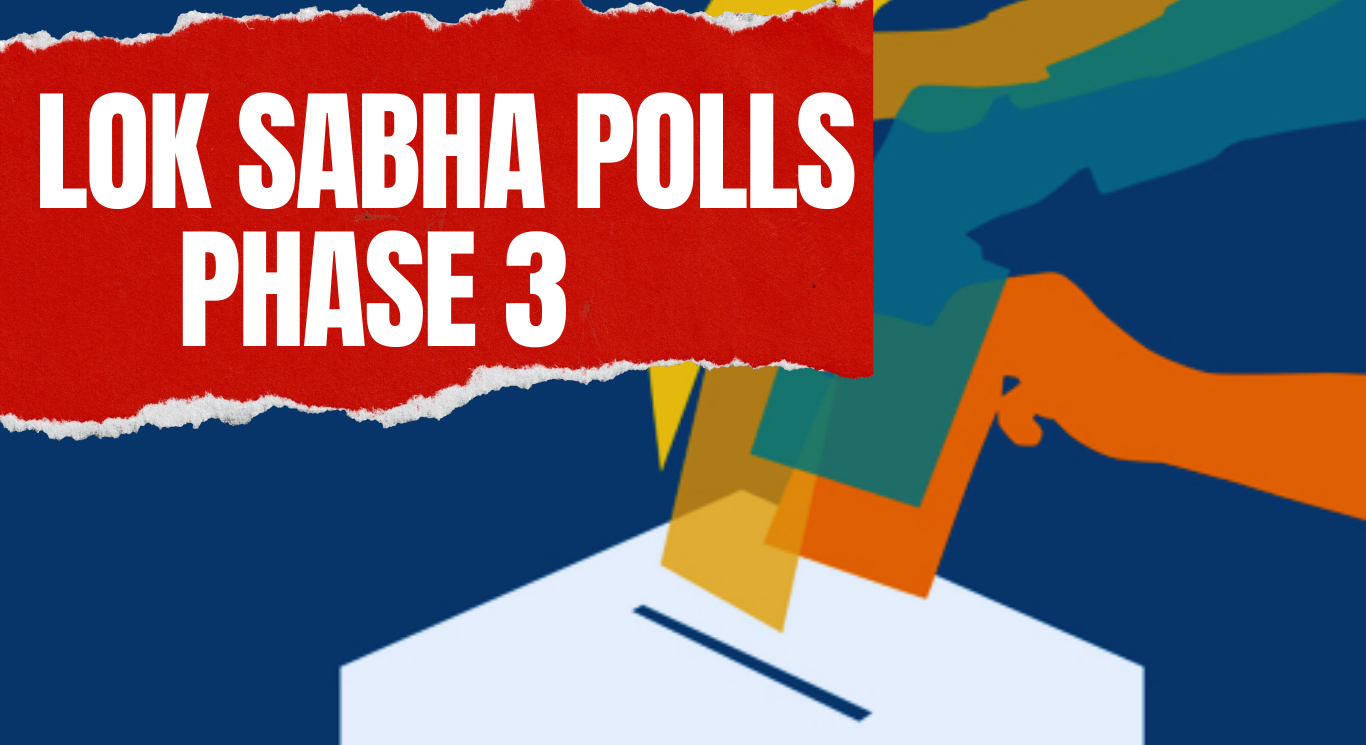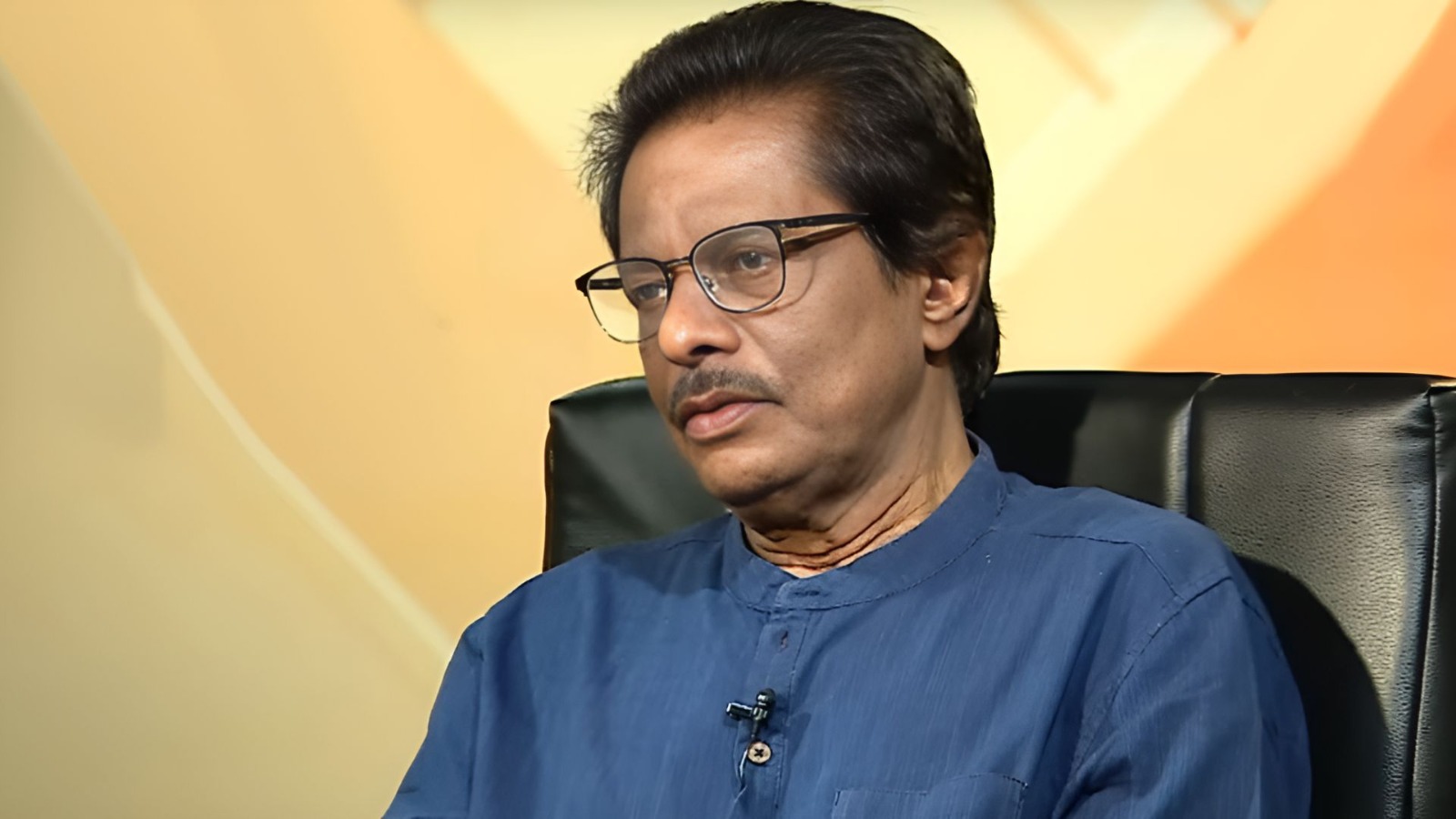


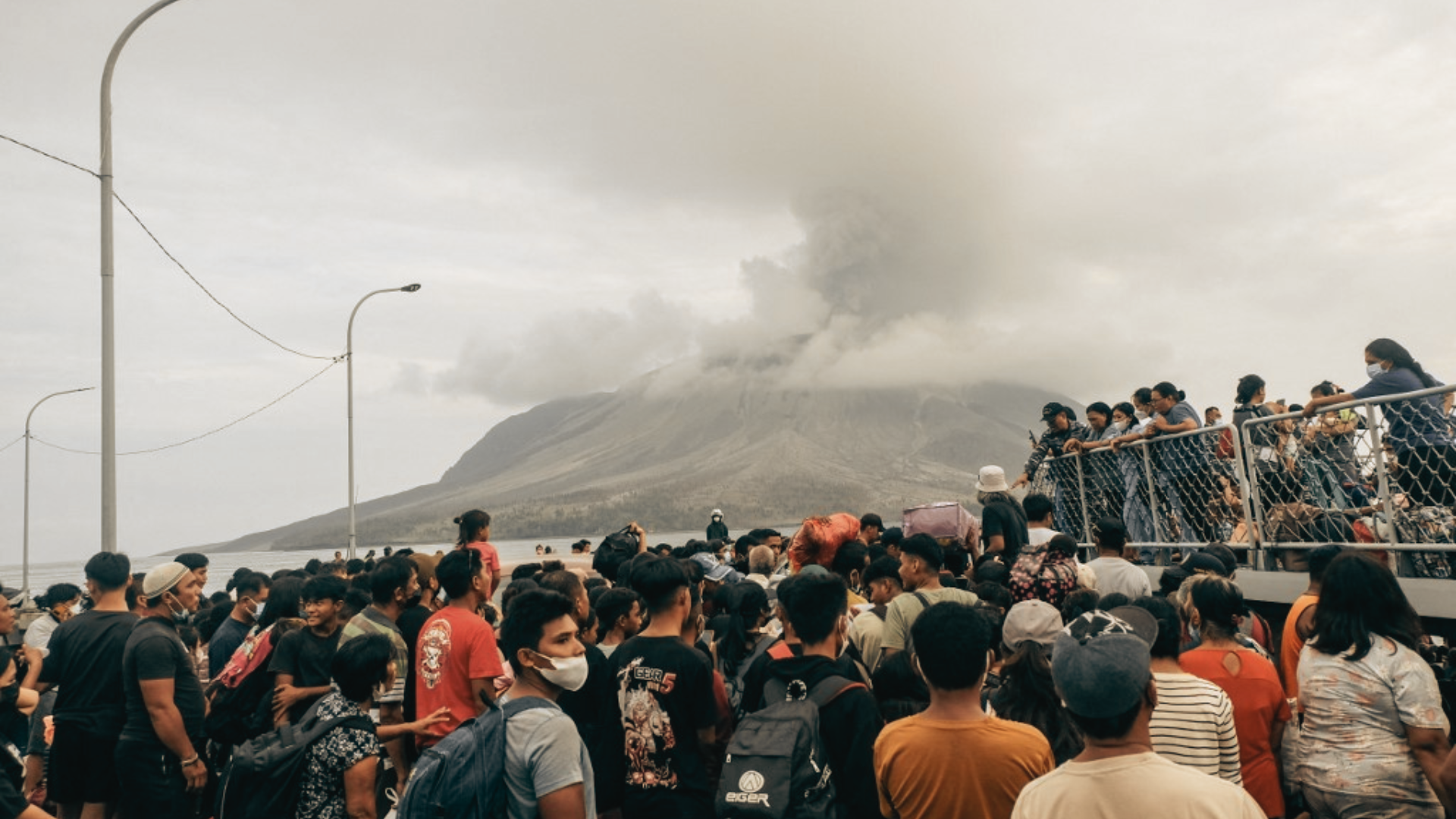


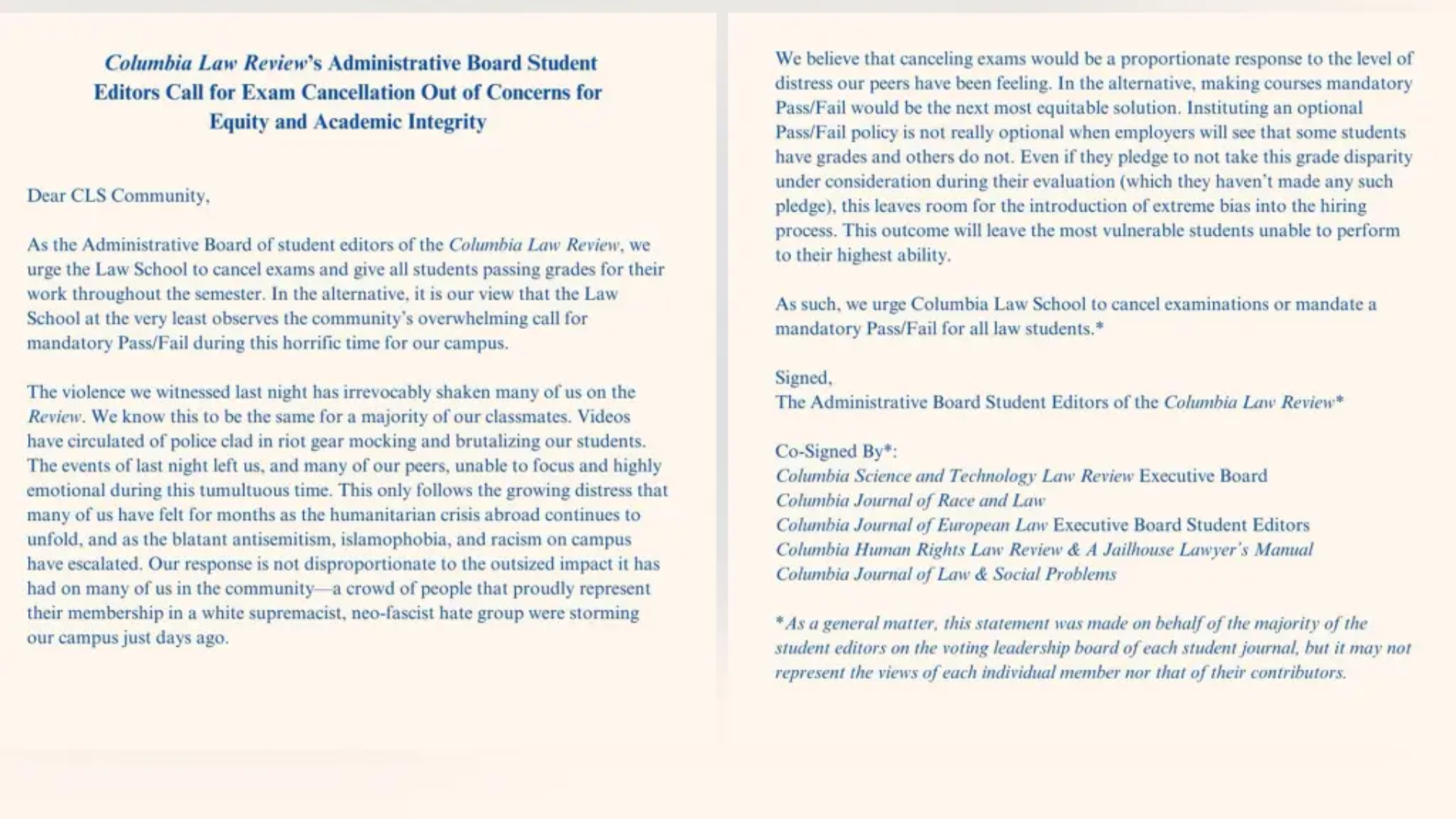
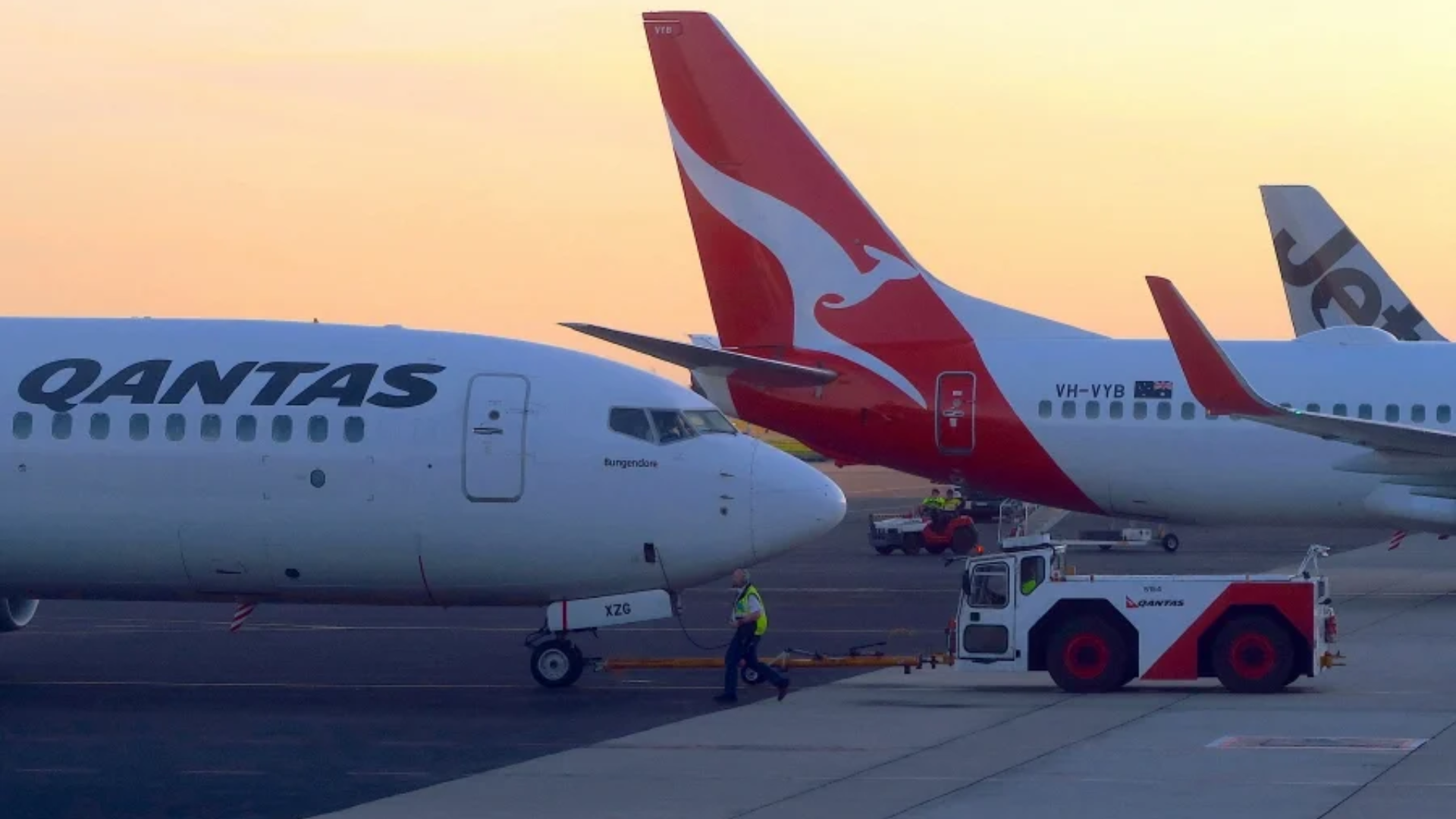

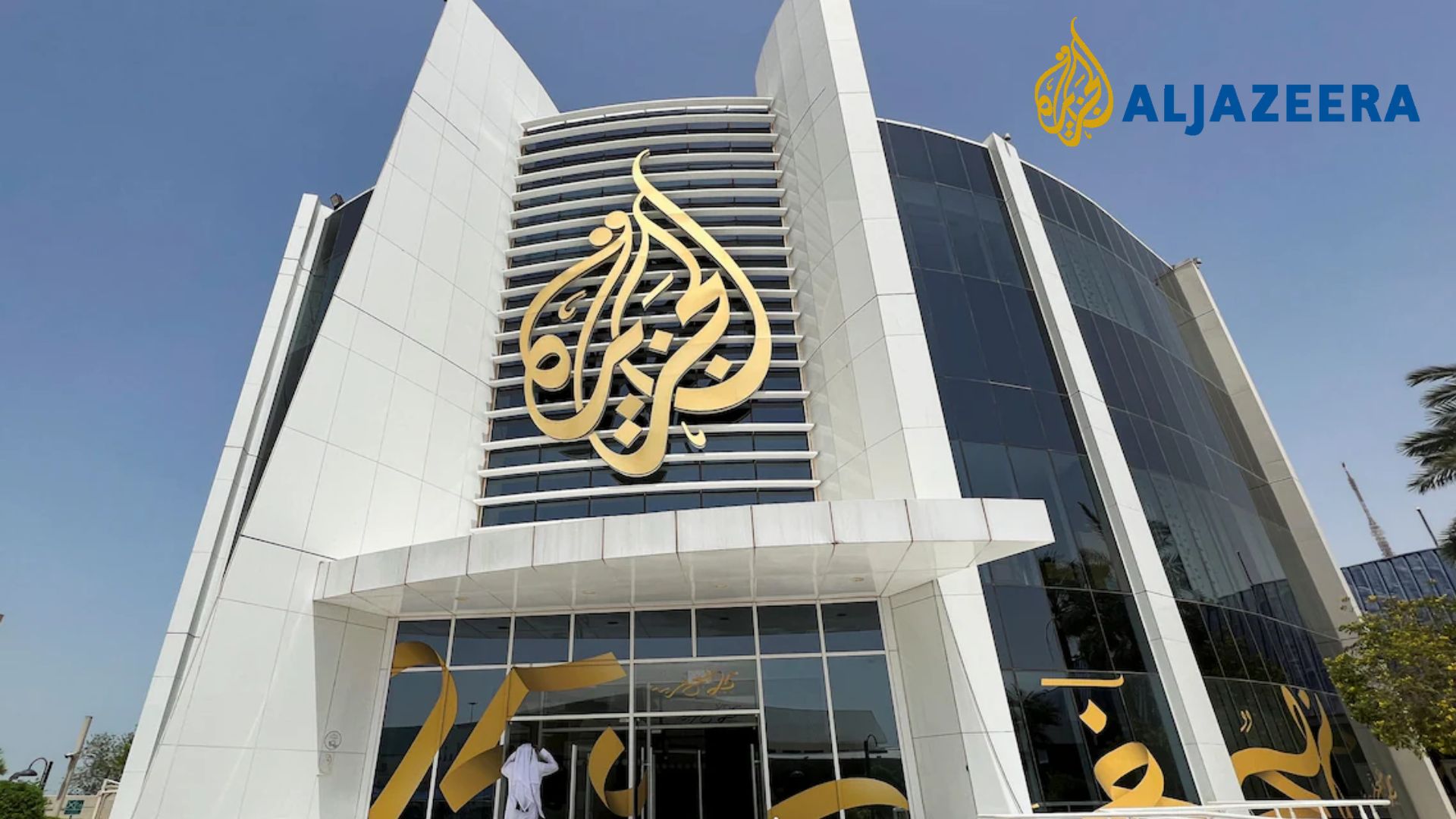
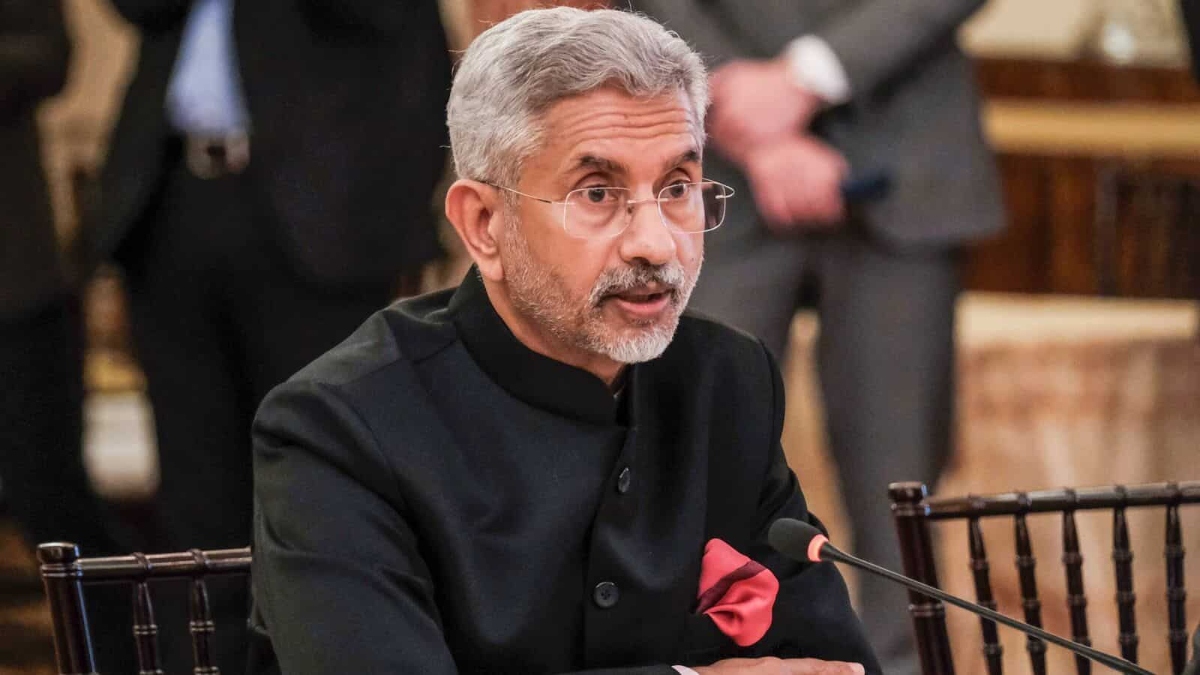
S. Jaishankar, the minister of external affairs, stated on Wednesday that India and China will continue to have a relationship based on “mutual” sensitivity, respect, and interest.
Jaishankar made the statements in response to a query on Beijing’s repeated assertions that relations between the two nations are “good”.
According to Sun Weidong, China’s ambassador to India, “the era of emergency reaction since the Galwan Valley incident has essentially come to an end, and the border situation is now reverting to routine administration and control.”
“In my opinion, what I’ve said is an appropriate policy evaluation of where things stand in our ties. In a press conference, Jaishankar firmly stated, “We continue to work toward a relationship with China, but one that is based on mutual sensitivity, shared respect, and mutual interest.
S. Jaishankar, who is now in Washington, D.C., after travelling to the US to attend the recently completed UN General Assembly, has met with his American counterpart, Antony Blinken, and other top Biden Administration officials.
The two sides have transitioned from the “emergency response” that followed the conflict in the Galwan Valley in June 2020 to “normalised management and control,” according to the Chinese ambassador to India, Sun Weidong, who also claimed that the situation on the India-China border is “overall stable.”
When asked what he thought of Weidong’s statement, Jaishankar replied, “I think if the spokesman of a foreign ministry were to say something, I would encourage you to see a remark from the spokesperson of the Foreign Ministry of the relevant nation.”
The Chinese claim that the overall relationship between India and China is normal is categorically refuted by Jaishankar’s words.
A few days prior, Jaishankar attacked China in his remarks at the UNSC session on Ukraine without specifically mentioning it. Jaishankar stated: “The battle against impunity is important to the greater quest of establishing peace and justice,” in relation to Beijing’s move to prevent the naming of terrorists. On this matter, the Security Council must convey a clear and unequivocal statement. Politics should never ever be used as a shield to avoid responsibility. not even to encourage impunity. Sadly, we have recently witnessed this in this very chamber when it comes to sanctioning some of the most feared terrorists in the world.
There was an “unease” when images of Jaishankar and his Chinese colleague Foreign Minister Wang Yi were taken at a BRICS gathering in New York last week, only one day after Jaishankar made his UNSC comment. The two foreign ministers did not have any bilateral meetings.
At the most recent Shanghai Cooperation Organization conference, Prime Minister Modi and Chinese President Xi Jinping had a similarly unpleasant encounter while posing for a group photo. There were no conversations between the two leaders.
Following more than two dozen rounds of diplomatic and military negotiations, India and China have removed their frontline soldiers from the two banks of Pangong Lake, Gogra, and Hot Springs.
However, there has been no forward movement on other friction points such as Demchok and Depsang.
Read more: India-US relationship now impacts rest of world: S Jaishankar

